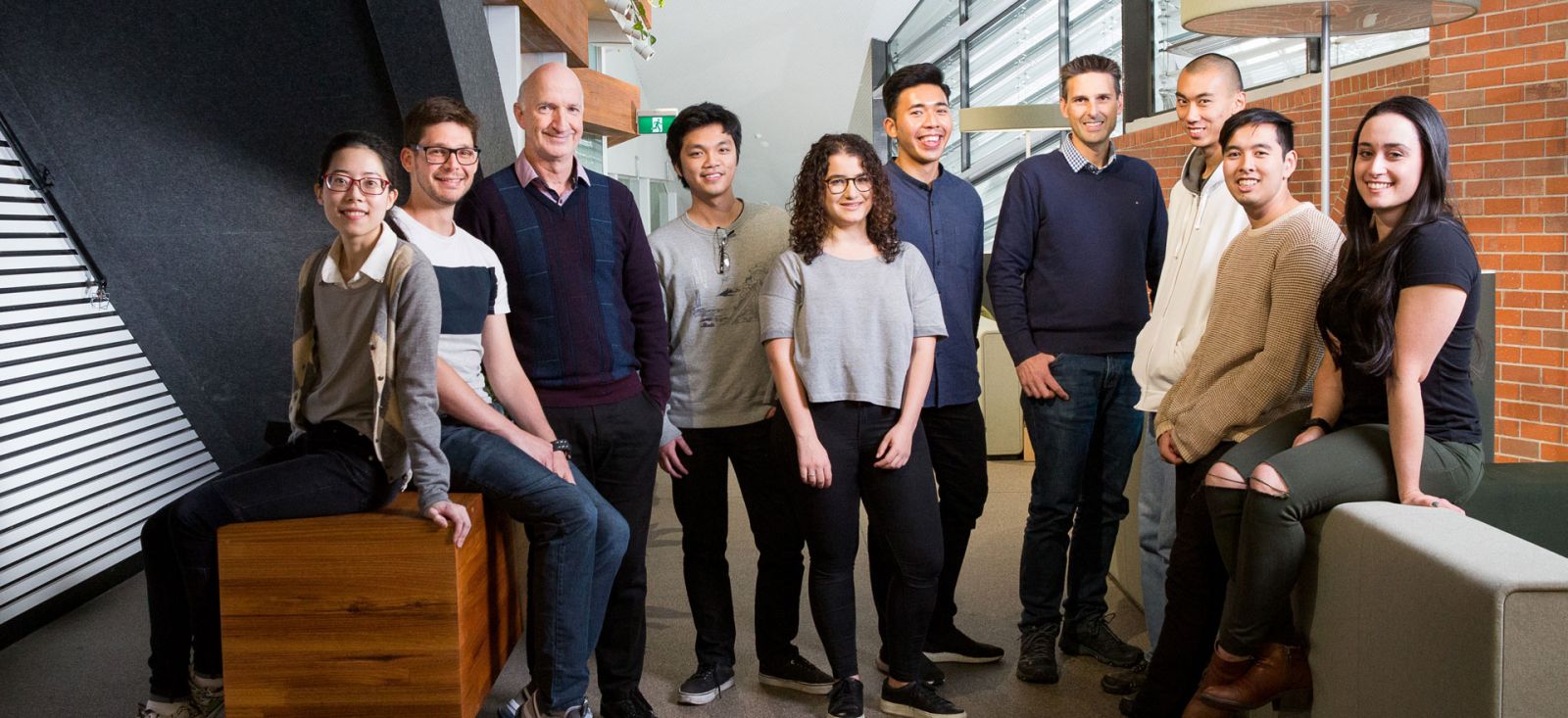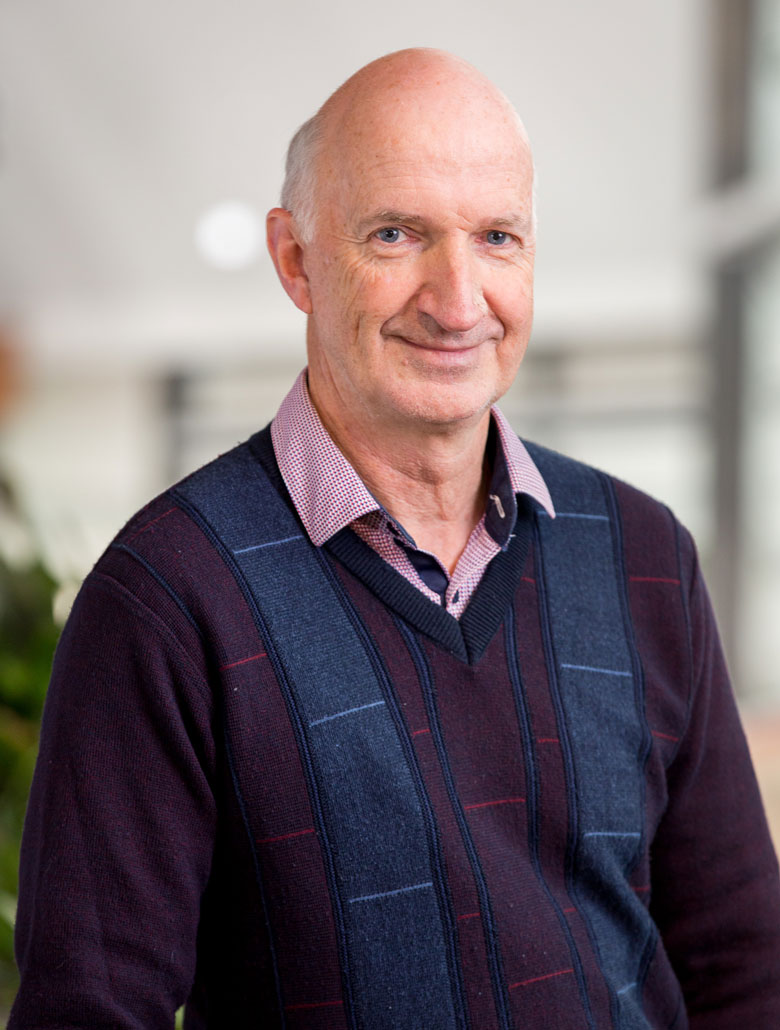Batterham Group

“Our research can improve resistance management strategies for current generation insecticides and improve the design of insecticides of the future.” - Professor Philip Batterham.
Research
Our group studies the interaction of chemical insecticides with pest and beneficial insects. Understanding this interaction will underpin the development of more effective and sustainable control strategies, with a reduced environmental impact.
Our research focuses on two widely used classes of insecticides (the neonicotinoids and the spinosyns), both of which target nicotinic acetylcholine receptors (nAChRs) in the insect brain. These insecticides serve as excellent chemical probes that, when used in combination with nAChR mutants, allow a detailed analysis of the brain and behaviour.
Insecticides, like other toxins, are metabolized and transported around the body. Working with Richard O’Hair’s group in Bio21, we have developed mass spectrometry methods that allow insecticides and their metabolites to be tracked on their journey from ingestion to the brain, to excretion. Combining the tools of genetics, toxicology and mass spectrometry, the genes responsible are being identified.
Mutations in the nAChR, metabolic and transporter genes can confer insecticide resistance. In studying these genes in a model non-pest insect (the vinegar fly), we have developed the capacity to predict the genetic basis of insecticide resistance before it arises in pests. Thus, our research can improve resistance management strategies for current generation insecticides and improve the design of insecticides of the future.
One of the challenges in working on insect pests has been the lack of available genetic resources to facilitate research. Our laboratory has played a leading role in the sequencing of the genomes of two major agricultural pests - the sheep blowfly and the cotton bollworm.
Techniques
- Genetic manipulations (CRISPR, RNAi);
- Genome and Transcriptome Sequencing;
- Insect Toxicology;
- Behavioural Analysis in Insects;
- Twin Ion Mass Spectrometry
Group Members
Senior Research Fellow(s)
Dr Trent Perry
Visiting Fellow(s)
Weikai Chen
Research Assistant
Tinna Yang (Ying Tang Yang)
PhD Students:
Wei Chen
Dannielle Christesen
Shane Deneke
Roberto Fussetto (O’Hair)
Felipe Martelli
Razi Ghazali
Alex Giang
Jenny Luong
Masters Students:
Stephen Howe (Sir Jieh)
Key Collaborators:
Richard O'Hair, Charles Robin, Ary Hoffmann, Paul Gooley and Ute Roessner.
 Biography
Biography
Professor Phil Batterham completed a BSc(Hons) at LaTrobe University and a PhD in Genetics at Monash University. Following two years of postdoctoral research at Syracuse University (USA), he came to the University of Melbourne as a Research Fellow before being appointed as a Lecturer in Genetics. In rising to the level of Professor, Phil has served the University as Associate Dean (Science) – Communications and Development and Provost’s Fellow – Student Experience. Phil has been recognised at the national level for his research, teaching and science communication. The Genetics Society of AustralAsia awarded him the MJD White Medal for research excellence in Genetics. Phil was also awarded the Carrick Citation for his ‘exceptional record in the supervision, support and career mentoring of research higher degree students’ and he has been a five time finalist in the Eureka Prize for Public Communication of Science. Phil has organised several major international conferences including the International Congress of Genetics (2003) and a UN Conference on Global Health (2010). He is the current President of the International Genetics Federation.

